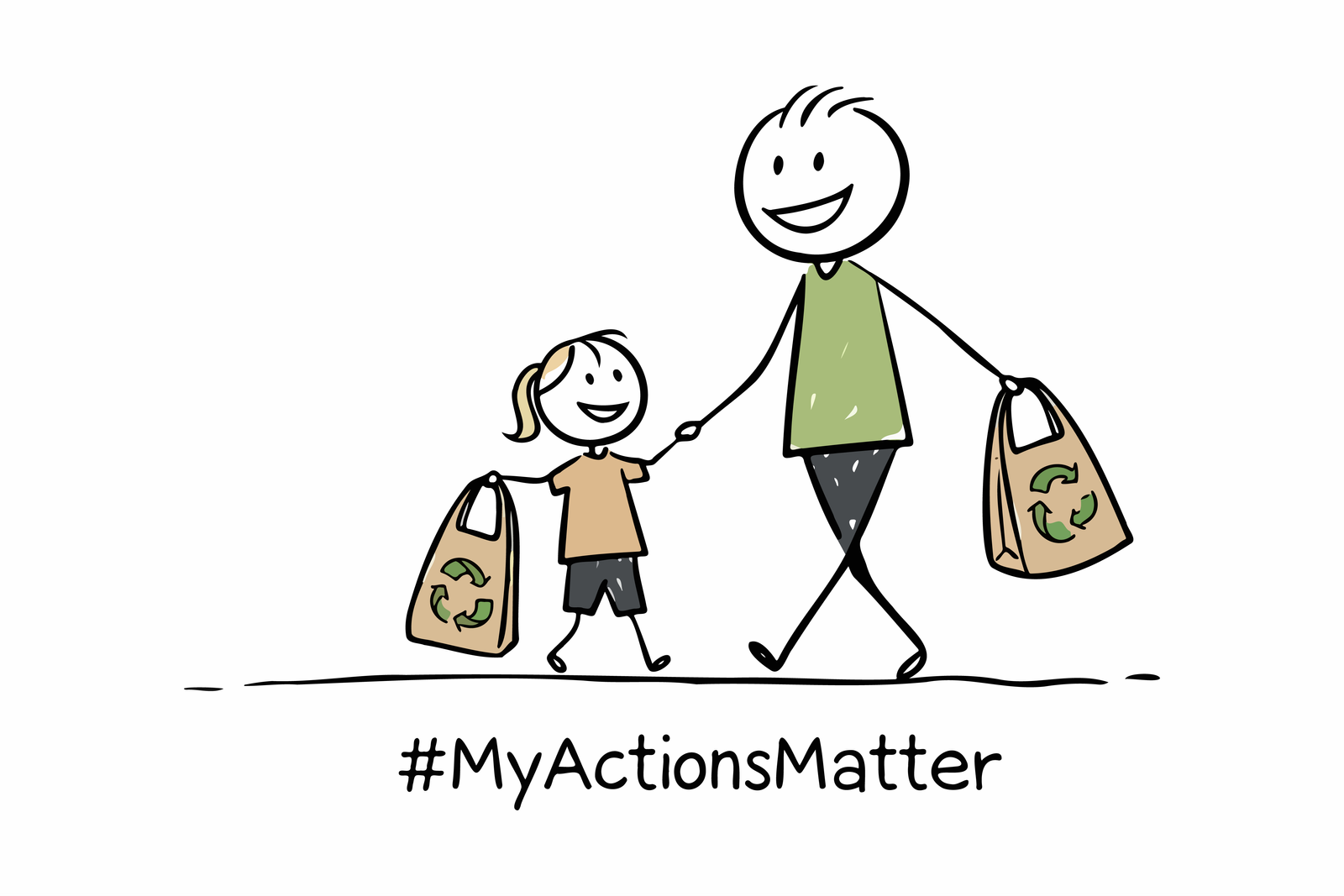As a parent, it’s natural to have concerns when your teenager asks about taking supplements, especially if they’re involved in sports or fitness. One popular supplement that often raises questions is creatine. In this article, we’ll delve into the facts, debunk common myths, and provide guidance on how to make an informed decision.
What is Creatine?
Creatine is a naturally occurring substance found in muscle tissue. It plays a crucial role in providing energy during high-intensity activities like weightlifting, sprinting, or playing sports. When taken as a supplement, creatine increases the amount of phosphocreatine in muscles, leading to improved performance and faster recovery.
Benefits for Teen Athletes
Research has shown that creatine can have numerous benefits for teen athletes, including:
Improved muscle strength and power: Creatine supplementation has been shown to increase muscle strength and power in teens.
Enhanced endurance and performance: Creatine can help teen athletes perform better during high-intensity activities and recover faster.
Reduced muscle soreness and fatigue: Creatine may help reduce muscle soreness and fatigue after exercise.
Debunking Common Myths
Despite its benefits, creatine has been surrounded by myths and misconceptions. Let’s set the record straight:
Myth: Creatine is a steroid.
Reality: Creatine is a naturally occurring substance found in muscle tissue. It’s not a steroid and doesn’t have any steroid-like effects.
Myth: Creatine causes kidney damage.
Reality: Numerous studies have shown that creatine supplementation is safe for the kidneys. In fact, creatine may even help protect the kidneys from damage.
Myth: Creatine only works for professional athletes.
Reality: Creatine can benefit anyone involved in high-intensity activities, regardless of their athletic level.

Safety and Side Effects
While creatine is generally considered safe, there are some potential side effects to be aware of:
- Stomach cramps: Some teens may experience stomach cramps, diarrhea, or muscle cramps when taking creatine.
- Interactions with medications: Creatine may interact with certain medications, such as blood thinners or diabetes medications.
What to Consider Before Giving Creatine the Green Light
If your teen is interested in taking creatine, here are some factors to consider:
- Consult with a doctor or sports dietitian: Before starting any supplement regimen, consult with a healthcare professional to discuss potential benefits and risks.
- Follow recommended dosages: Ensure your teen follows the recommended dosage and loading phase to minimize potential side effects.
- Monitor progress and adjust as needed: Keep track of your teen’s progress and adjust their supplement routine as needed.
Creatine can be a valuable supplement for teen athletes looking to improve their performance and recovery. By understanding the facts, debunking common myths, and considering potential safety concerns, you can make an informed decision about whether creatine is right for your teen. Remember to always consult with a healthcare professional and monitor progress to ensure a safe and effective supplement routine.





Interesting article. Thank you.